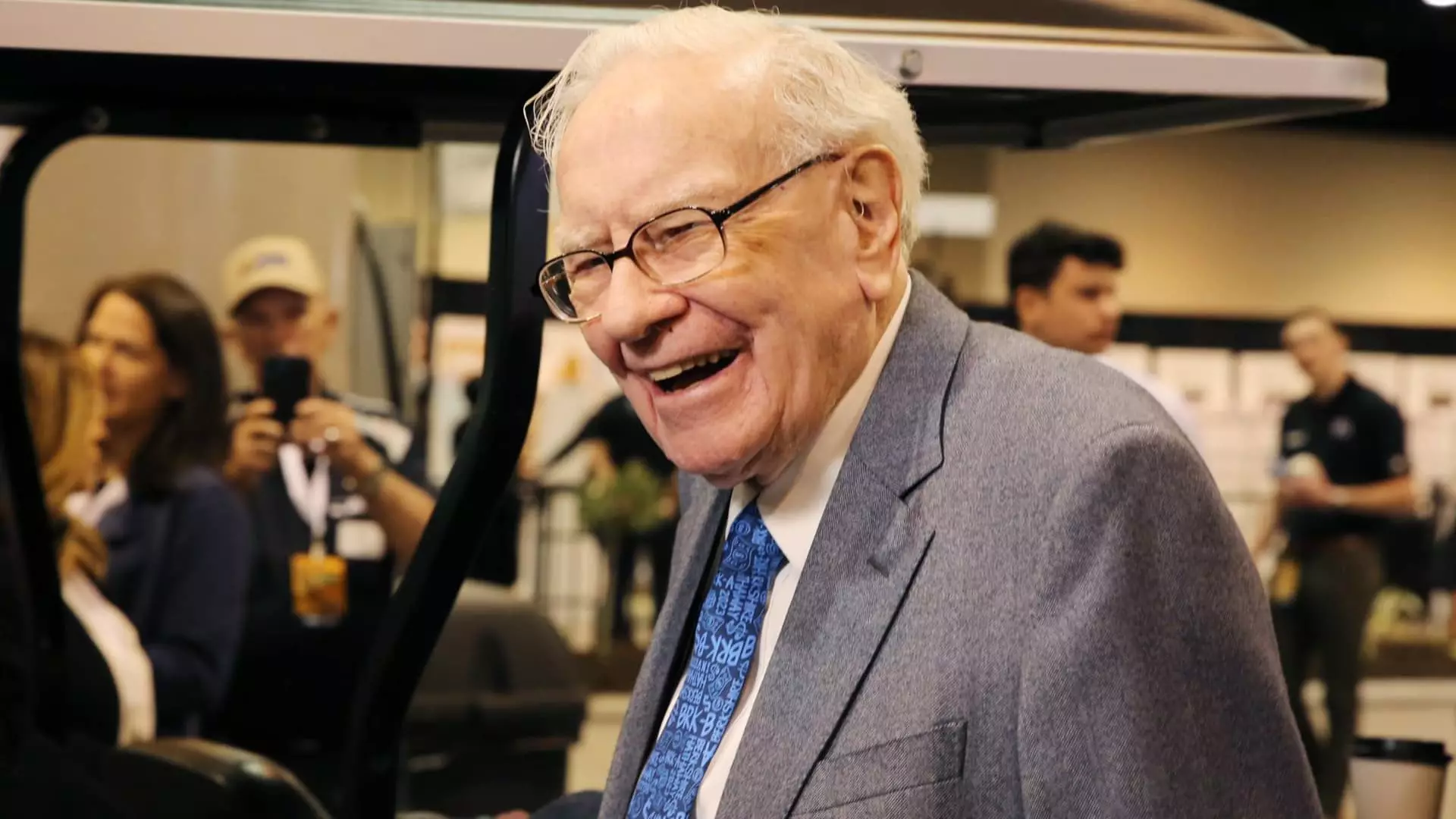Warren Buffett’s Berkshire Hathaway has made history by reaching a $1 trillion market capitalization, making it the first non-technology company in the U.S. to achieve this milestone. This significant achievement comes amidst a strong rally in the company’s shares, which have outperformed the S&P 500 by a considerable margin.
Warren Buffett, also known as the ‘Oracle of Omaha’, acquired Berkshire Hathaway as a struggling textile business in the 1960s. Over the years, he transformed it into a diversified conglomerate with interests in insurance, railroad, retail, and energy. Despite its old-economy focus, Berkshire has seen substantial gains driven in part by its sizable Apple position.
Investment Strategy
Buffett’s recent moves to trim down his Apple stake and increase Berkshire’s cash reserves to a record $277 billion have raised eyebrows among investors. While Buffett is known for his long-term investment approach and caution against market timing, his actions have led some to speculate about his views on the economy and market valuations.
Berkshire’s investment in short-term Treasury bills, valued at $234.6 billion, has surpassed the holdings of the U.S. Federal Reserve. The reasons behind Berkshire’s $1 trillion market cap are being debated, with some viewing it as a bet on the American economy and Buffett’s diverse portfolio, while others see it as a safe haven in uncertain times.
Recent Selling and Buying
Berkshire’s decision to sell a significant portion of its Bank of America shares has puzzled some observers. Buffett’s initial investment in BofA during the financial crisis was seen as a vote of confidence in the bank. However, the recent divestment indicates a change in strategy or outlook.
Analyst Projections
Following Berkshire’s strong second-quarter earnings, analysts have revised their estimates and raised price targets for the company. UBS analyst Brian Meredith expects Berkshire’s market value to continue rising, citing improving insurance results and higher investing income. His optimistic outlook reflects a positive sentiment towards Berkshire’s future prospects.
Berkshire’s Unique Stock
Berkshire’s Class A shares are among the highest-priced stocks on Wall Street, with each share selling for a premium compared to the median price of a home in the U.S. Buffett’s decision not to split the stock has been driven by his belief in attracting long-term, quality-oriented investors. The introduction of Class B shares in 1996 aimed to provide smaller investors with access to Berkshire’s performance.
Berkshire Hathaway’s journey to a $1 trillion market cap is a testament to Warren Buffett’s enduring legacy as an investor and business leader. While the reasons behind this milestone are subject to interpretation, one thing is clear – Berkshire’s unique mix of businesses and conservative investment approach have continued to resonate with investors, positioning the company for further growth and success in the future.

Leave a Reply